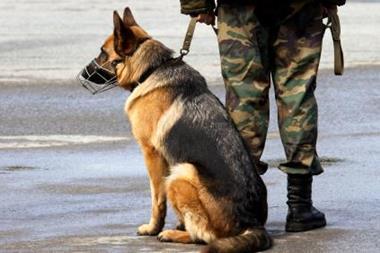His remarks follow heightened concern about terrorism following the July attacks on the London transport system.
Said van Santen, "Day after day we see that terrorism has no frontier, and that one of the terrorists' objectives is to destabilise the economies of developed countries.
"We, in FERMA, as risk management specialists, are very shocked to see that European states are unable to implement a global financial instrument that is able to respond to the major threats resulting from acts of terrorism.
Instead, we have a variety of systems, (or nothing at all), state by state with limited resources for significant costs, when what we need is an effective, global tool, able to pick up on physical damage, but also on some of the major financial consequences that might follow terrorist acts."
In addition to the UK, a number of other FERMA member countries, such as Spain, France and Italy, have suffered terrorist attack, and European businesses have been hit by terrorism in other parts of the world. The terrorism risk is, therefore, one which members of FERMA will discuss at the Forum, starting with a keynote address from former European commissioner for justice, freedom and security, Antonio Vitorino. Vitorino will identify new global threats, including terrorism, weapons of mass destruction and transnational organised crime, and the way these global threats affect both citizen's daily lives and the operations of business. He also intends to include some examples of sensitive areas: misuse of internet and cybersecurity; the free movement of people; threats to tourism industry; the protection of critical infrastructures and the role of insurance sector.
The Swiss risk management association (SIRM) has also organised a workshop at the Forum on the subject of terrorism. Franck Baron, who will chair a workshop, comments, "Corporations today are under no illusion as to the potential impact that a terrorist attack can cause. This awareness has led to increased purchasing of terrorism insurance. Insurance, however, is not the only way that companies can tackle terrorism. Although insurance provides a significant safety net, it can be argued that the potential loss of people and the impact on the overall business may mean that insurance is not really that important."
With the help of Rupert Evill of Aon Crisis Management, the workshop will consider what solutions are available to prevent terrorist attacks and protect the intangible and tangible assets of businesses.
Evill says, "Companies have to consider a number of different aspects of the terrorism risk. The most important is their duty of care to their employees. Other considerations include physical damage and business interruption. Contingency planning, increased security and insurance can all play their part in helping to prevent or mitigate the effects of a terrorist attack, but the first step should always be a thorough appraisal of the potential threat, followed by an assessment of the company's vulnerability to that threat. Only then can the various options be properly evaluated and the appropriate course of action decided."



















